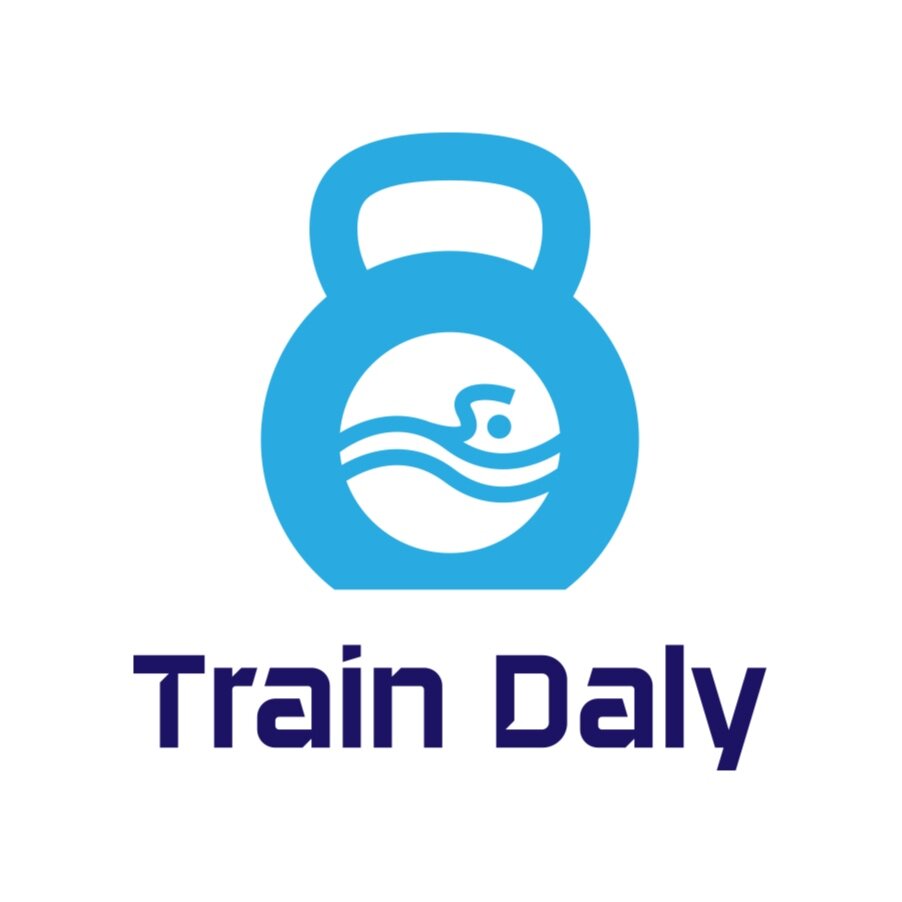How to Choose A Personal Trainer
/Want to begin an exercise program, but do not know where to start? Perhaps you have already started a program, but are having troubling sticking to your plan, lack planning, or are not getting the results you want. Hire a fitness professional!! Where should you look for one? What credentials should you look for?
While a simple Google search will return a google of results, not all of those top page ranked search results are top ranking professionals. As the internet has become ubiquitous, and social networking has given anyone and everyone their 15 minutes of exposure, there are a lot of marketers out there, who know how to get the first look, but have little to no training experience. Social media has opened the doors for a new kind of entrepreneur, the internet marketer. These individuals exploit mass market appeal with a broad reach of health content, to improve their search engine ranking. Nearly all of their time is spent online, and very little if any on the gym floor. Fortunately, with a little knowledge, you can weed out the bad from the good.
First, decide where you would like to workout. Making your training location as convenient as possible will decrease your risk to skip a workout. Should you decide on a local gym, inquire about their personal training department. Additionally, boutique private training studios are on the rise. There, a small gym fee allows you to use a facility with a trainer. This eliminates the need for a gym membership, which many exercisers do not use beyond visits with their trainer anyway. These smaller gyms cater to results oriented fitness and have done away with obsolete cardio and machine equipment (check out my blog Cardio vs. Resistance training for more on that). Many trainers also make house calls and can provide an excellent workout with little to no equipment. Resistance training does not have to involve weights. Learn to master common body weight movements before loading your body. You may also find ads on craigslist.com. By following the guidelines below you will be able to choose a qualified trainer.
Ask about a trainers credentials, education, and experience. As the public becomes more conscious of their health, the standards for fitness professionals is in greater demand. Many hold bachelor of science degrees in areas like exercise science, exercise physiology, kinesiology, biomechanics, sports management, and physical education. Associates and masters degrees are also common. Your trainer may even have credits or a minor in nutrition. In addition to a solid education, trainers should also hold a nationally recognized certification. While there are many certifications, some of which require as little as an online test, the following are the gold standards in the field. Each association's websites provide resources for locating a certified trainer in your area.

The National Strength and Conditioning Association (NSCA) established in 1978, is the global leader in strength and conditioning sciences. Trainers certified through the NSCA, may hold one or both of the Certified Strength and Conditioning Specialist (CSCS), or Certified Personal Trainer (CPT) certifications, and are qualified to work with both athletes and the general population, dispelling both fitness prescriptions, and nutritional advice.
The American College of Sports Medicine (ACSM), established in 1954, promotes and integrates scientific research for the greater health and well being of the general public. Certifications through the ACSM include health and fitness, clinical, and special needs population certifications. The fitness professional certified through the ACSM is qualified to work with both relatively healthy to high risks individuals.
The National Academy of Sports Medicine (NASM), established in 1987, have carved a niche within the corrective exercise field. Fitness professionals certified through NASM are prepared to assess and correct common and minor movement pattern dysfunction, such as poor posture, lower back pain, etc.
While each of these governing bodies maintains a certain level of specificity, a trainer certified through any of these is more than qualified to work with populations of many levels and needs: weight loss, endurance, strength, sport-specific, pre/postnatal, prehabilitation, rehabilitation, post surgery, corrective exercise, youth fitness, nutrition advice, etc. Additionally, a trainer should carry professional liability insurance, as well as a CPR/AED and or first aid certifications. Most trainers offer complimentary, needs based fitness assessments and goal consultations. These are a good opportunity to inquire further of a trainers education, certification, and experience working with your specific goals. Remember, you get what you pay for. Inexperienced or unqualified trainers may offer lower rates, but may not have the capabilities to work towards your needs and goals. As always, consult with your medical professional before engaging in any exercise program.



